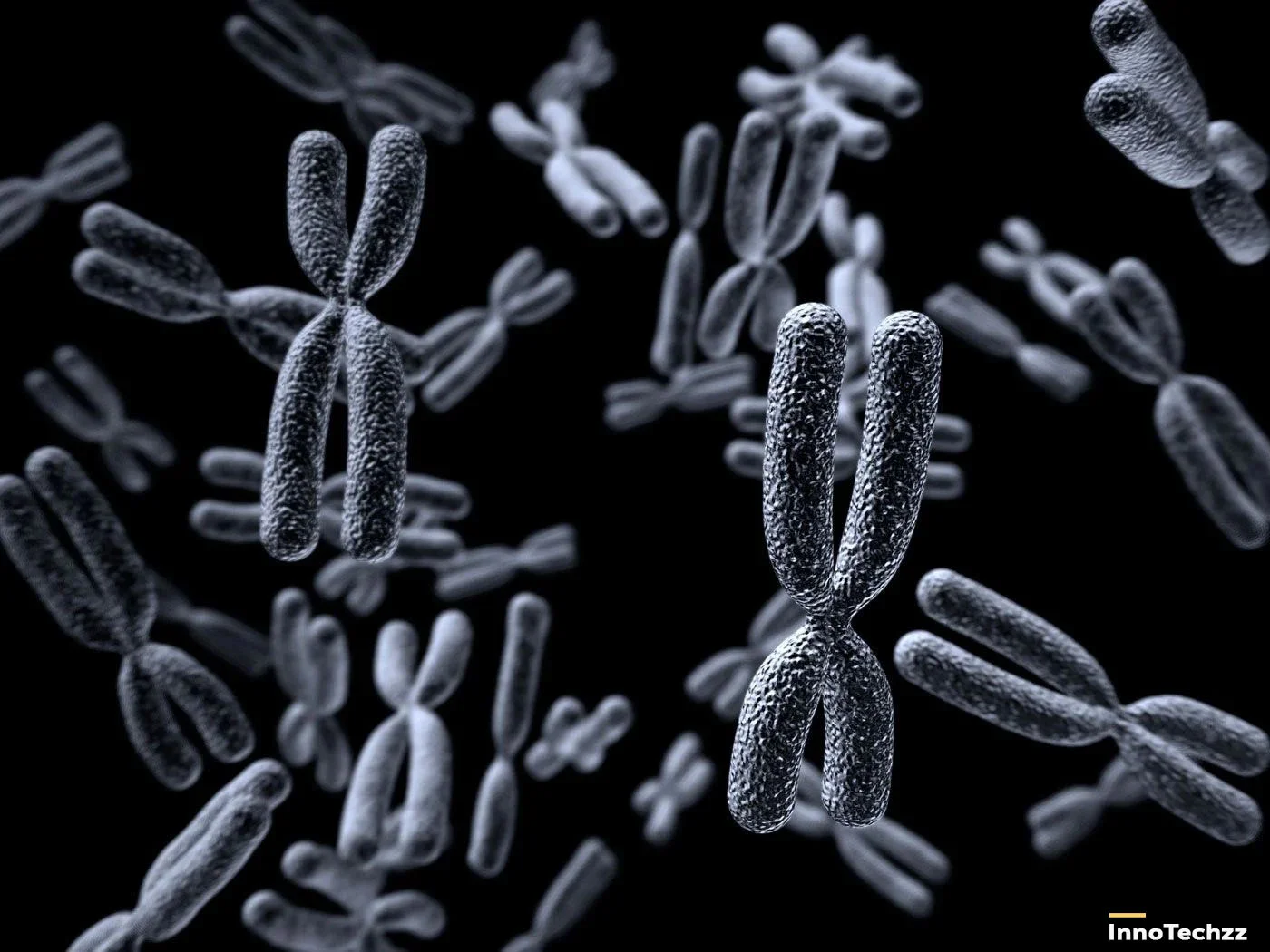Nondisjunction

What is nondisjunction?
The failure of homologous chromosomes or sister chromatids to separate correctly during cell division (mitosis/meiosis) is known as nondisjunction. Nondisjunction occurs when a pair of homologous chromosomes fails to split during meiosis I, sister chromatids fail to separate during meiosis II, and sister chromatids fail to separate during mitosis. Nondisjunction causes aberrant chromosomal counts in daughter cells (aneuploidy).
Introduction
The human body is made up of trillions of somatic cells, each of which has the ability to split into identical daughter cells, allowing for organismal development, repair, and reaction to environmental changes. "Mitosis" is the name for this procedure. Meiosis is a type of cell division that happens during gamete development. Meiosis results in the formation of four daughter cells, either sperm or egg cells, by reduction division, which results in each gamete having a haploid complement of chromosomes.
The haploid sperm cell nucleus combines with the haploid egg cell nucleus during fertilisation, restoring the diploid chromosomal complement and confirming the zygote's development. Chromosomes are divided to opposing ends of the cell during anaphase, resulting in two daughter cells. Nondisjunction occurs when chromosomes fail to split, resulting in daughter cells with an incorrect number of chromosomes.
Cellular
The chemical sequence of DNA nucleotides within our cells encodes the genome. Histone proteins surrounding DNA are acetylated during periods of cell development, resulting in reduced contact between the DNA and histone protein. Euchromatin is a type of open DNA that allows transcriptional enzymes to access the DNA. Histone proteins are deacetylated prior to cell division, allowing for the creation of heterochromatin, a condensed form of DNA. Somatic human cells have 23 pairs of chromosomes, for a total of 46. The number 46 is known as a "diploid" number (2n), while 23 is known as a "haploid" number (1n) or half of the diploid number. The occurrence of an aberrant number of chromosomes is referred to as "aneuploidy."
Monosomy (n-1) is a kind of aneuploidy in which one chromosome is absent, leaving 45 total chromosomes. Trisomy (n+1) is a kind of aneuploidy in which an additional chromosome is added, resulting in a total of 47 chromosomes. Nondisjunction during mitosis or meiosis is responsible for each kind of aneuploidy.
Posted By InnoTechzz